In the pursuit of good health, preventing vitamin D deficiency stands as a crucial step. Often referred to as the “sunshine vitamin,” vitamin D plays a pivotal role in various bodily functions, from bone health to immune system support. In this comprehensive guide, we’ll delve into the significance of vitamin D, explore strategies to prevent deficiency, and address common questions to enhance your understanding.
Table of Contents
Vitamin D Deficiency Prevention: Why It Matters
Vitamin D is essential for maintaining optimal health. It aids in the absorption of calcium, promoting strong bones and teeth. Furthermore, it supports immune function, regulates mood, and reduces inflammation. To ensure you’re reaping these benefits, follow these actionable strategies:
1. Soak Up Some Sunshine
Embrace the power of natural sunlight. Spending time outdoors, especially during the morning hours, allows your skin to synthesize vitamin D when exposed to sunlight. Aim for around 10-30 minutes of sun exposure several times a week.
2. Incorporate Vitamin D-Rich Foods
Leverage your diet to fend off deficiency. Foods like fatty fish (salmon, mackerel, tuna), fortified dairy products, egg yolks, and mushrooms are rich in vitamin D. Integrate these into your meals for a nutrient boost.
3. Consider Supplements
Consulting with a healthcare professional, consider vitamin D supplements. Especially during winter months or for individuals with limited sun exposure, supplements can bridge the gap and prevent deficiency.
4. Protect Your Skin
While sunlight is essential, safeguard your skin from excessive exposure to harmful UV rays. Strike a balance between vitamin D synthesis and skin protection by applying sunscreen after the initial sun exposure.
5. Regular Health Check-ups
Incorporate vitamin D level checks during routine health assessments. Regular monitoring helps detect deficiency early, allowing for timely intervention.
The Vital Connection: Vitamin D and Bone Health
Vitamin D plays a pivotal role in maintaining strong bones and preventing conditions like osteoporosis. It aids in calcium absorption, ensuring proper bone mineralization and reducing the risk of fractures.
The Sunshine Vitamin’s Impact on Immunity
A robust immune system is crucial for overall health. Vitamin D supports immune responses by regulating immune cells and enhancing defense mechanisms against infections.
Conclusion
Preventing vitamin D deficiency is a fundamental step towards a healthier life. By embracing a combination of sun exposure, dietary adjustments, and potential supplementation, you can safeguard your bone health, boost your immune system, and enhance overall well-being. Remember, maintaining optimal vitamin D levels contributes to a happier and healthier you.
FAQs
-
Can I get enough vitamin D solely from my diet?
While some foods contain vitamin D, it’s challenging to meet all your needs through diet alone. Sun exposure and supplements play significant roles.
-
Can I overdose on vitamin D through sunlight?
It’s unlikely to overdose on vitamin D through sun exposure alone, as your body regulates synthesis. However, excessive supplementation can lead to toxicity.
-
Are there groups more susceptible to deficiency?
Yes, individuals with darker skin, older adults, people with limited sun exposure, and those with certain medical conditions are at higher risk.
-
Can obesity affect vitamin D levels?
Yes, obesity can lead to lower bioavailability of vitamin D. Consulting a healthcare provider can help manage this situation.
-
Are there benefits to maintaining optimal vitamin D levels beyond bone health?
Absolutely. Adequate vitamin D levels are linked to reduced risk of chronic diseases like heart disease, diabetes, and certain cancers.
-
How do I choose the right vitamin D supplement?
Consult a healthcare professional to determine the appropriate dosage and type of supplement based on your individual needs.
Taking proactive steps to prevent vitamin D deficiency can have a profound impact on our overall health and well-being. By recognizing the importance of sunlight exposure, incorporating vitamin D-rich foods into our diets, and considering supplements if necessary, we can safeguard ourselves against potential health risks. Remember, prevention is always better than cure, and a little effort today can lead to a healthier tomorrow. To explore a plethora of informative articles on health, wellness, and prevention, click here. Knowledge is your gateway to a healthier life.

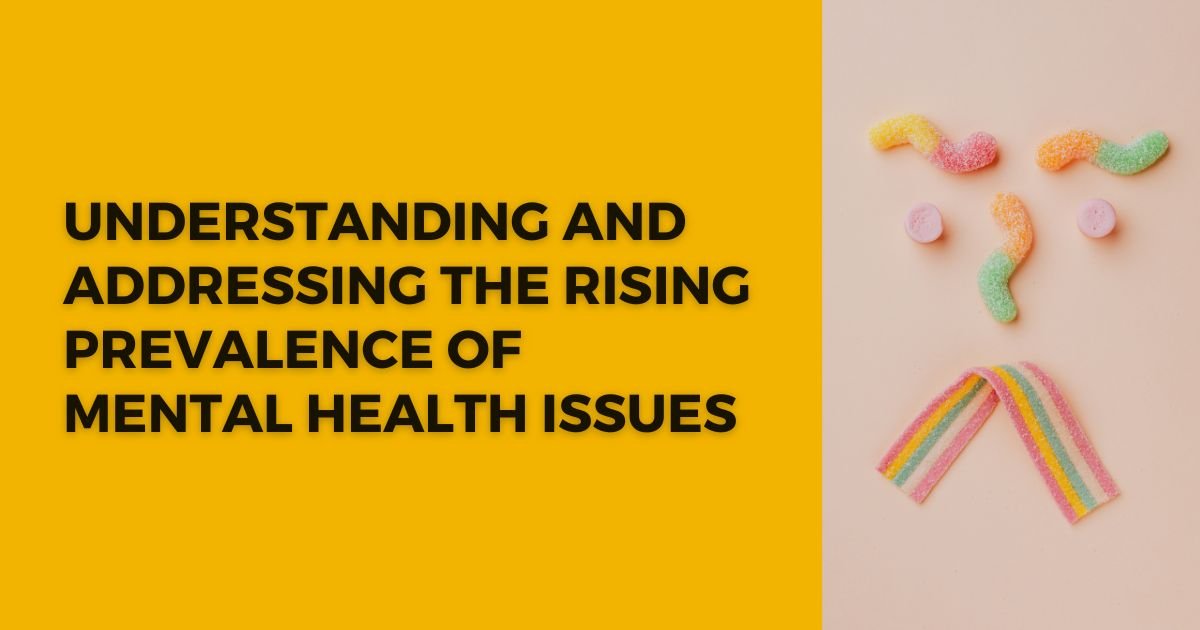



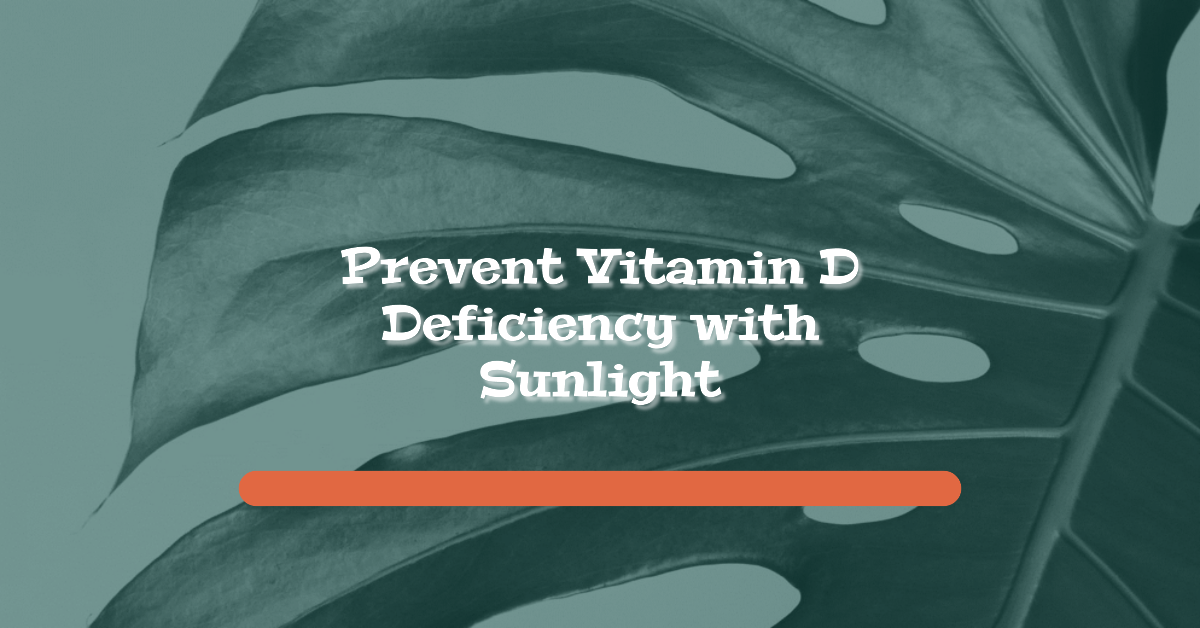





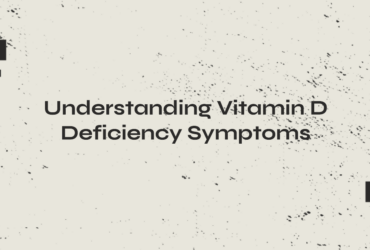
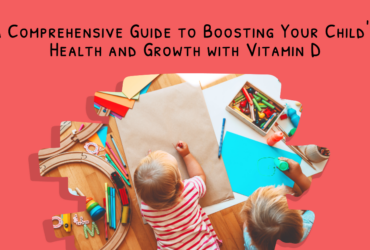
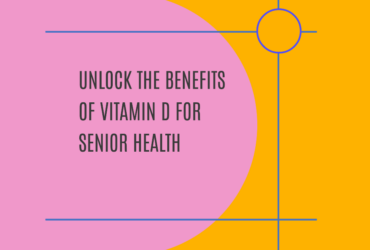
Leave a Reply
View Comments